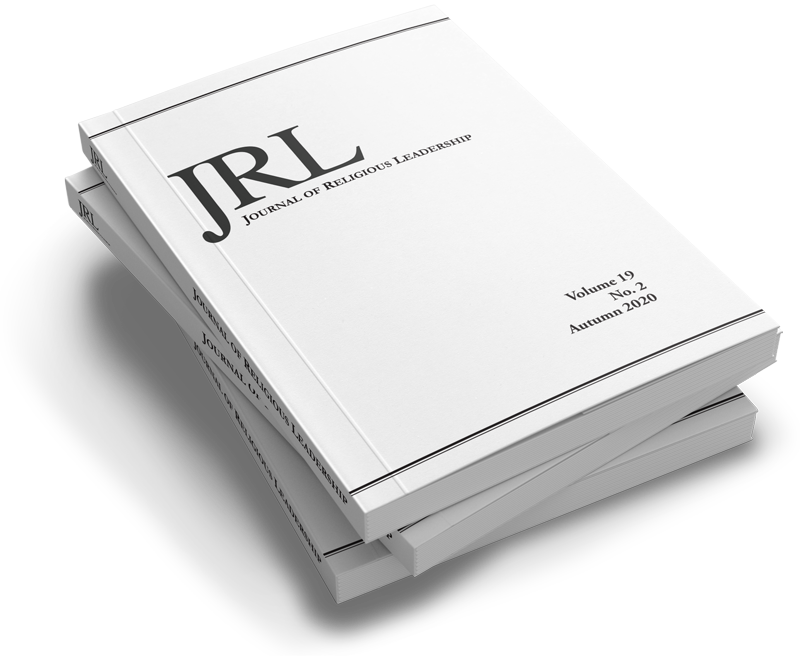The Academy
The Academy of Religious Leadership (ARL) exists to enhance religious leadership education; convene a scholarly roundtable of leadership educators and professional practitioners for the purpose of faculty development and community; and foster and disseminate leadership education and research.
The Meeting
The ARL Annual Meeting invites scholars and practitioners into thoughtful conversation about the (r)evolutionary vocation of leadership. Our methods: discussing provocative, original papers/presentations, networking, and imagining an emerging future in the theological education, formation, and ongoing development of religious leaders in a fast-paced, challenging world.
The theme of our 2024 annual meeting was “Exploring Different Religious Leadership Models“. It was held in St. Paul, MN USA, and Online April 25-27, 2024.
The theme of our 2025 annual meeting will be “Leadership as Justice”. It will be held in Denver, CO, April 24-26, 2025.
The Journal
The Journal of Religious Leadership is published semi-annually by the Academy of Religious Leadership (ARL). As a peer-reviewed journal, the editorial team assesses articles by four criteria: scholarship (in an effort to promote faithful critical thinking about religious leadership), theological (as ARL is focused on religious leadership, matters of faith and practice are instrumental), expansive (the work of ARL seeks to extend and deepen both religion and leadership), and suggestive (work suggests outcomes, practices, behaviors, implications, etc. for readers to incorporate in their contexts).


